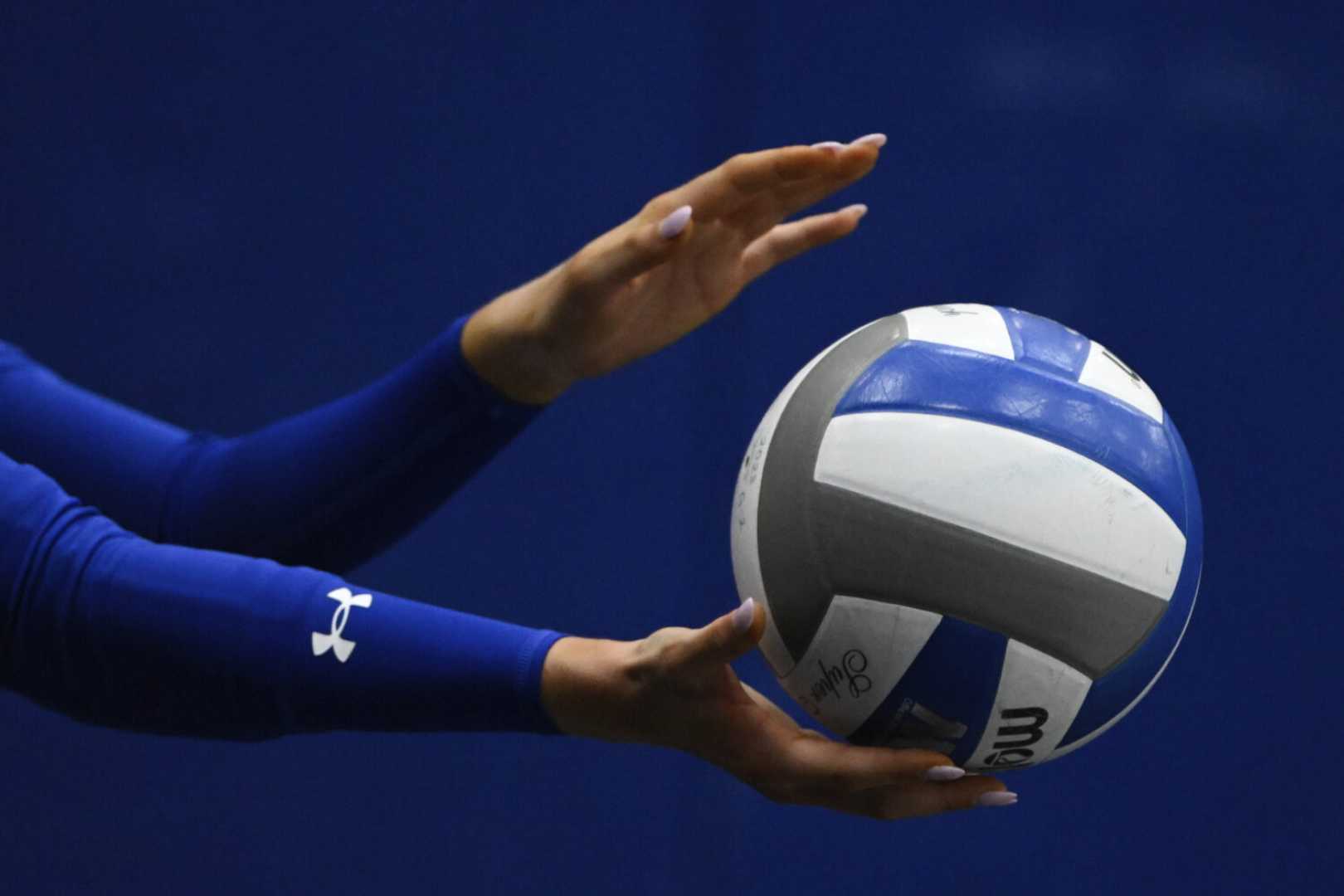Sports
Collegiate Leaders Seek Bill for Olympic Sports Amid Changes

WASHINGTON, D.C. — College sports leaders are pursuing antitrust protections in a bid to secure funding for Olympic programs that are increasingly at risk. This initiative comes as schools begin to share revenue directly with athletes after a recent settlement.
In conversations with lawmakers, college sports experts are negotiating potential support for legislation aimed at preserving Olympic sports programs. These programs produce approximately three-quarters of U.S. Olympians during the Summer Games. Given the recent $2.8 billion House settlement, concerns grow about the funding distribution favoring football and basketball, the most lucrative sports, through name, image, and likeness (NIL) payments.
Sources familiar with the discussions, who requested anonymity due to the sensitivity of the talks, indicated that there is bipartisan support for aiding collegiate Olympic sports programs, but negotiations are complex.
The NCAA is lobbying for legislation that would establish a national framework for NIL, clarify athlete employment status, and offer limited antitrust protections. NCAA President Mark Emmert emphasized the crucial implications of consistent regulations on the upcoming generation of athletes.
Senator Richard Blumenthal, D-Conn., noted the need for real reform in college sports and called for protections for athletes’ health, safety, and economic rights. He expressed skepticism toward giving unrestricted powers to the NCAA.
Although federal funding is prohibited for Olympic teams, universities can receive government assistance for their programs. One possible solution discussed would involve promises of funding for Olympic sports as part of the proposed legislation to ease financial burdens.
The U.S. Olympic and Paralympic Committee reported that around 40 Olympic sports programs have been cut in Division I since the start of 2024. The future of these programs hangs in the balance as schools navigate new financial realities.
Leaders within the USOPC are hopeful that the institutions producing Olympic talent will maintain their sports programs and that Congress will offer support. USOPC CEO Sarah Hirshland stated that stakeholders seem committed to addressing the challenges faced by Olympic sports.
If bipartisan legislation moves forward, it may provide necessary backing for Olympic sports while addressing athletes’ rights. The discussions continue as the NCAA seeks to balance its interests amid evolving policies.












